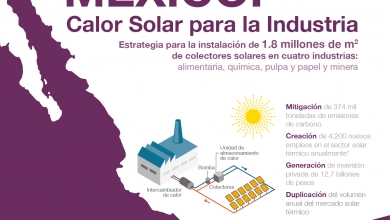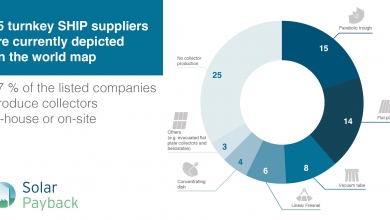“Industrial solar heat has thus far not attracted the attention it deserves”
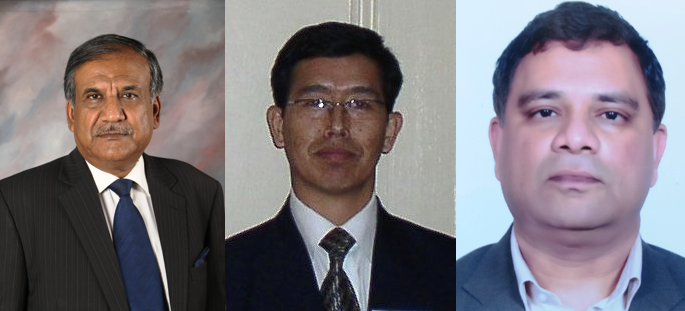
Solar Industrial process heat (SHIP) is still behind its potential in India. The Solar Payback Partner in India, the Solar Thermal Federation of India (STFI), has carried out interviews with stakeholders from administration to find out what still needs to be done to speed up SHIP deployment in India. We publish selected answers from these interviews below.
“To increase deployment of SHIP there need to be further effective policy measures”
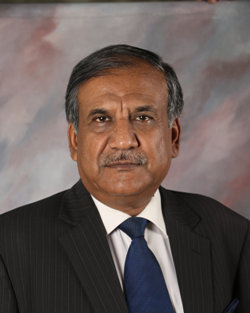 Deepak Gupta, Honorary Director General – National Solar Energy Federation of India (https://www.nsefi.in/) and former Secretary – Ministry of New and Renewable Energy, Government of India
Deepak Gupta, Honorary Director General – National Solar Energy Federation of India (https://www.nsefi.in/) and former Secretary – Ministry of New and Renewable Energy, Government of India
Do you agree that solar thermal technology is a cost-effective solution to cover heat demand in manufacturing processes?
Gupta: At the outset, it appears that people look at solar only for electricity, thus missing out on other opportunities. Solar thermal technology, apart from having the capacity to provide electricity for base load, unlike solar PV, has many uses for low temperature applications up to 100 °C. There are several demonstration projects installed in India and there is great potential to further accelerate. Process heat is required in dairy processing, food and beverages, textiles, automobile components, etc.
Do you agree that additional support measures are necessary to increase deployment of industrial solar heat plants in your country?
Gupta: I do agree. The central government has been for the past eight years providing financial assistance and two prominent programmes, GEF-UNDP and GEF-UNIDO, have been instrumental to generate much needed thrust. But to increase the deployment of SHIP there need to be further effective policy measures as well as awareness generation programmes to attract investments. For example, National Dairy Development Board is already inspiring dairy processing industries to explore solar thermal optimally.
“Incentives for early adopters are necessary”
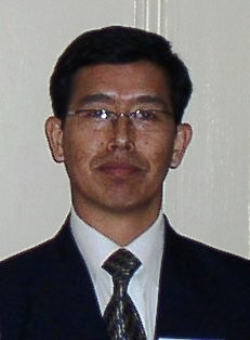 Dr. Ashok Kumar, Director at the Bureau of Energy Efficiency (https://beeindia.gov.in/), Ministry of Power, Government of India
Dr. Ashok Kumar, Director at the Bureau of Energy Efficiency (https://beeindia.gov.in/), Ministry of Power, Government of India
Do you agree that solar thermal technology is a cost-effective solution to cover heat demand in manufacturing processes?
Kumar: Solar thermal technology is proving to be one of the cost-effective solutions to provide particularly low-grade process heat in comparison to conventional heat drawn steam especially in paper and textile sectors. The use of solar thermal technologies results in huge fuel saving as the energy input in terms of solar energy has no cost.
Do you agree that additional support measures are necessary to increase deployment of industrial solar heat plants in India?
Kumar: For large scale deployment of solar thermal technologies the following factors are necessary, as solar thermal has thus far not attracted the attention it deserves: demonstration plants, incentives for early adopters, availability of comprehensive solution providers including technology and service providers, and capacity building and awareness generation.
“We have been actively disseminating awareness on solar heat”
 Ajay Joshi, Additional Director (Industry) at the Petroleum Conservation Research Association, http://www.pcra.org/
Ajay Joshi, Additional Director (Industry) at the Petroleum Conservation Research Association, http://www.pcra.org/
Do you agree that solar thermal technology is a cost-effective solution to cover heat demand in manufacturing processes?
Joshi: Solar thermal technology is limited to low heat applications. The low heat application is limited to select industrial sectors, which is a limitation factor. In case of solar PV, power is universally required in all industries hence becomes most attractive for any industry hence is free of any limitations.
Do you agree that additional support measures are necessary to increase deployment of industrial solar heat plants in India?
Joshi: Yes, in industries which have sufficient land especially dairy, textiles etc support measures in the form of awareness, technology support, vendor support can help in reducing our carbon footprints. We have been actively disseminating awareness on use of renewable energy with equal focus on solar heat.
The interviews were conducted by Jaideep Malavia from the Solar Thermal Federation of India.


